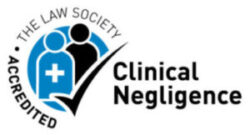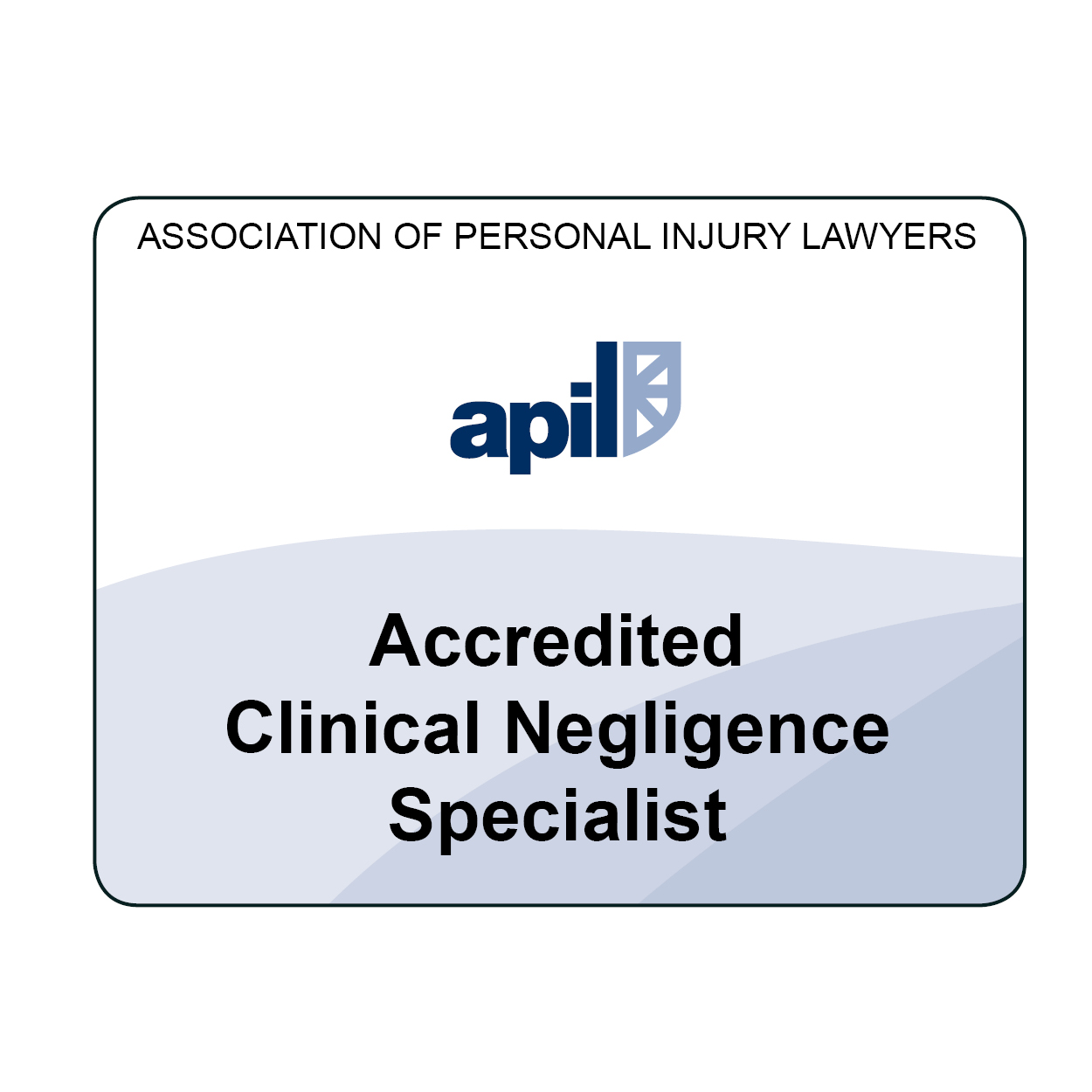At least 10 separate clinical negligence compensation claims have been launched by families across England and Wales whose children suffered birth injuries (such as brain damage) and / or fatalities at Bristol NHS Foundation Trust.
The claims follow the results of multiple investigations into the trust, which have found failings and inconsistencies in the level of care provided to children by the institution, leading to a risk of harm.
Nurses Put Under ‘Excessive Pressure’
An independent review launched in 2014 found evidence that nurses were regularly put under excessive pressure, and that communication with families failed to meet necessary standards. The review was commissioned following the deaths of at least 7 children on ward 32 at Bristol Children’s Hospital, and subsequently made several recommendations for improvement, including a nationwide review of paediatric intensive care services; indicating that trusts nationwide. Additional concern for the matter is evidenced by the report’s findings that despite its failings, the standard of care provided at Bristol Children’s Hospital were “broadly comparable” to others across the country.
32 Recommendations Issued to NHS
Chairwoman of the report Eleanor Grey QC stated “Some [families] received good care and had good outcomes. Others did not…”, and stated that no less than 32 recommendations had been issued not just to the Bristol Royal Hospital for Children but also to the NHS England and the Department of Health. Medical negligence solicitors involved in the case have subsequently highlighted the fact that bereaved families remain convinced failings in care at the hospital contributed to the deaths of their children.
Hospital Operating Capacity to Blame for Strain on Families
A second report, this one conducted by the Care Quality Commission (CQC), upholds the aforementioned concerns, highlighting the need for better communication between hospital staff and patient families before and after surgery. In conjunction, the reports indicate that the hospital’s limited operating capacity in its paediatric intensive care unit is to blame for putting such heavy strain on patient families.
The findings come in the wake of a 2001 public enquiry into children’s cardiac services in the region, commissioned after 35 babies were found to have died, and dozens more were left with birth and / or brain injuries between 1991 and 1995 at the Bristol Royal Infirmary.
Robert Woolley, chief executive at the trust has since accepted the findings of both reports, and indicated that improvements are already underway.
Jason Brady, clinical negligence solicitor at Blackwater Law, said:
“The results of this latest review, as with the findings of the public inquiry in 2001, are of great concern and demonstrate just how important it is to investigate deaths in hospital and continually review care standards so as to drive improvements.
“Any loss of life or serious injury caused as a result of poor care of medical negligence is tragic, but particularly so where children are involved.”
It is recognised by the reports’ authors that the treatment of children with congenital heart disease – a prominent condition amongst the cases examined – is a highly complex and specialised field, and it’s hoped the recommendations issued will help to address some of the risks involved.
For the time being at least however, those risks remain, not just at Bristol Children’s Hospital, but at trusts nationwide. If you feel that poor standards of care or a lack of communication between you and hospital staff has contributed to ill health or harm of a family member, you may be entitled to make a medical negligence compensation claim. Contact Blackwater Law clinical negligence solicitors today by phoning 0800 083 5500, and get the free initial legal advice you need to determine whether you may be entitled to claim medical negligence compensation.
Blackwater Law clinical negligence solicitors operate all accepted cases relating to medical negligence on a “no win, no fee basis”.





